What is a VPN and Why Should I Care?
MAR 28, 2023
What is a VPN and Why Should I Care?
Over the past several years, Virtual Private Network (VPN) has become an increasingly hot topic. Even though the technology has existed since the 90s, it was primarily used by businesses. Now that it’s becoming more broadly used by regular people, it’s time we understand it, how it works, and what it can mean for you and your child.
What is a VPN?
A VPN (Virtual Private Network) is a way to mask your computer’s identity while surfing the web. Think of it like a privacy tunnel that all of your internet traffic travels through. It does this by creating a fake identification number for your device called an internet protocol address (IP address). This IP address is transmitted every time you use the internet, and links you to everything you do on the internet, including tracking your location.
By surfing the web using a fake IP address, it makes tracking online activities much more difficult.
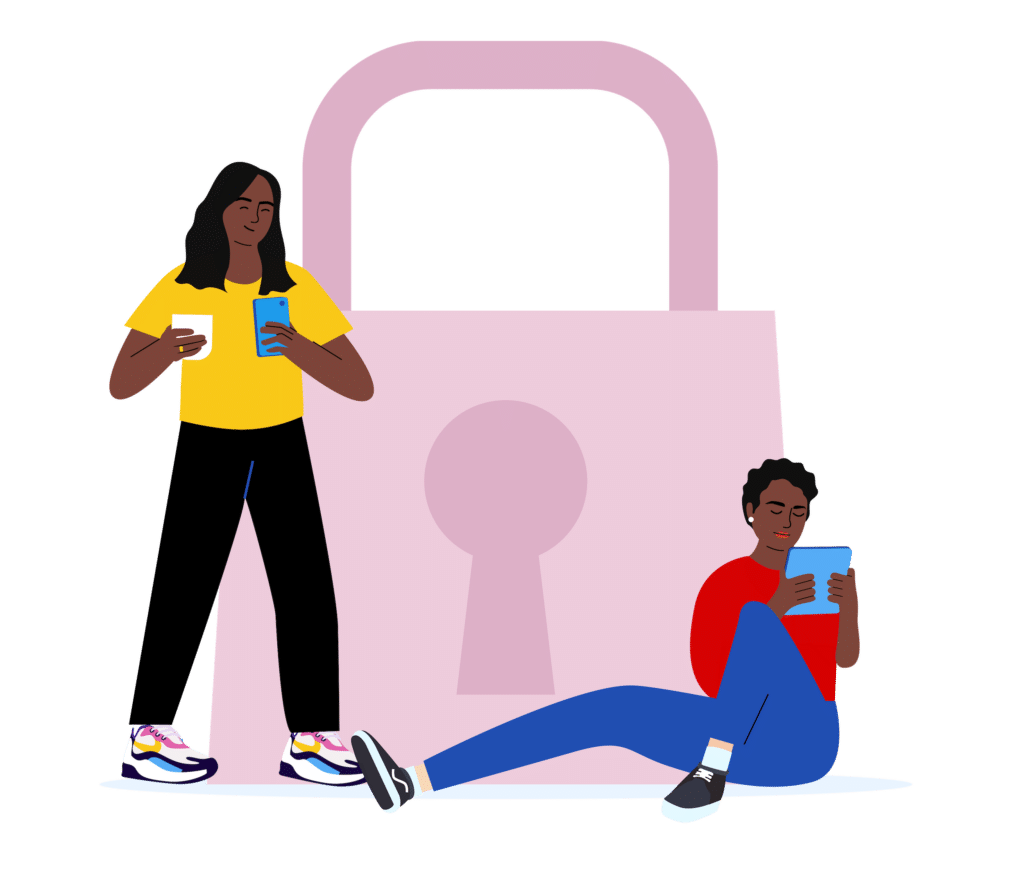
Why have VPNs become popular?
While online, your data is continuously being transmitted, and everyone from advertisers to governments can scoop up that data. A VPN will encrypt (or protect) your data. With increased privacy concerns from the public, more people are opting to use VPNs in an effort to keep tech companies like Facebook from seeing their every digital move.
But while a VPN protects against some visibility into internet traffic from your device, they are far from perfect, and there is evidence they provide an illusion of privacy, rather than actual privacy.
What if my child is using a VPN?
Because VPNs are created to shield internet activity from prying eyes, some kids and teens may connect to a VPN to try to hide their browsing history or other online behavior.
Parental controls that filter websites and apps use the device’s IP address to block specific content. And because VPNs create fake IP addresses, this makes it easy for kids to bypass the filters you, and even schools put in place.
How do I know if my child is using a VPN?
To see if your child has set up a VPN, simply use the search tool and type “VPN” in their device operating system, or look for some of the top VPN apps on the market.
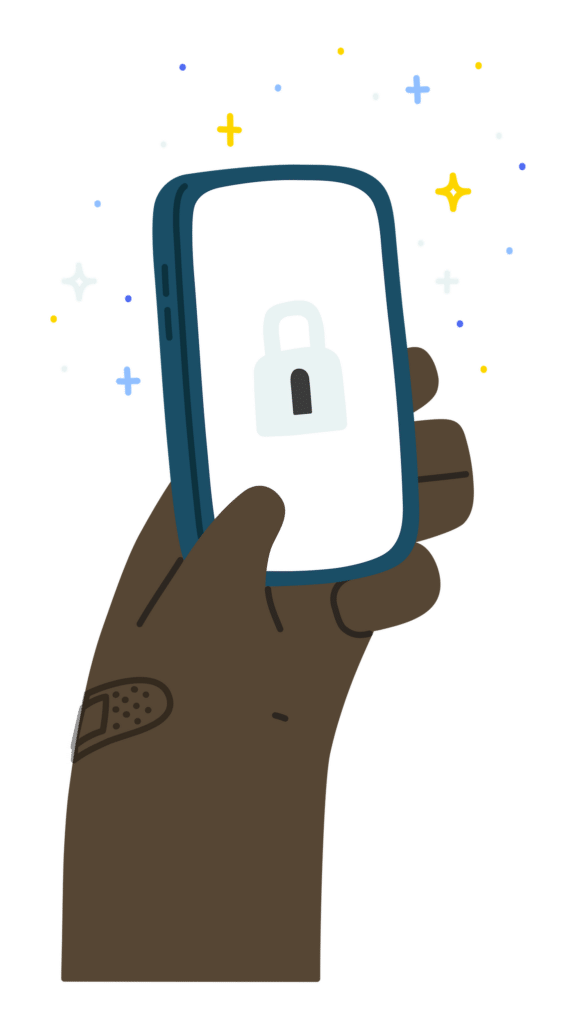
While there are plenty of VPN services, most require a credit card to get started, but some allow you to either try completely free or are always free. Here are a few top free options:
What to do if your child is using a VPN?
If your child is using a VPN, the first thing is to understand why they’re using one. While it could be that they’re hiding their internet activity from you, they may simply be worried about having companies tracking them, like so many others.
On the other hand, if they are trying to hide things from you, it may be time to talk about the importance of online safety. These conversations can be very difficult, and fraught with potential arguments, but it’s important to keep an open mind and focus the conversation on helping them, not punishing them.
If you can make them feel safe to talk to you in general, and specifically about their online activities, they may realize they don’t need to cover their digital tracks.
Devices that don’t need VPNs
Gabb started from a need for kid-safe phones and devices that don’t have an all-access pass to the internet and social media. Our devices don’t have any way of accessing dangerous content online, because they have no way to go online. There is no app store, and no addictive games.
Learn more about Gabb’s kid-safe technology.

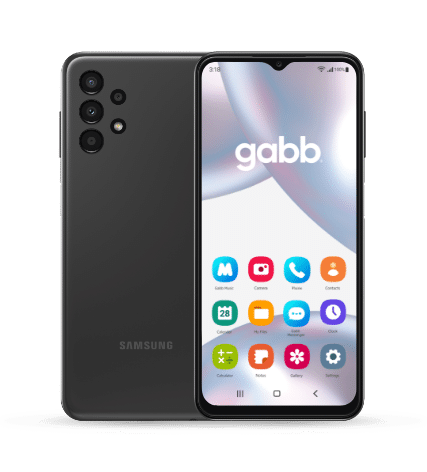
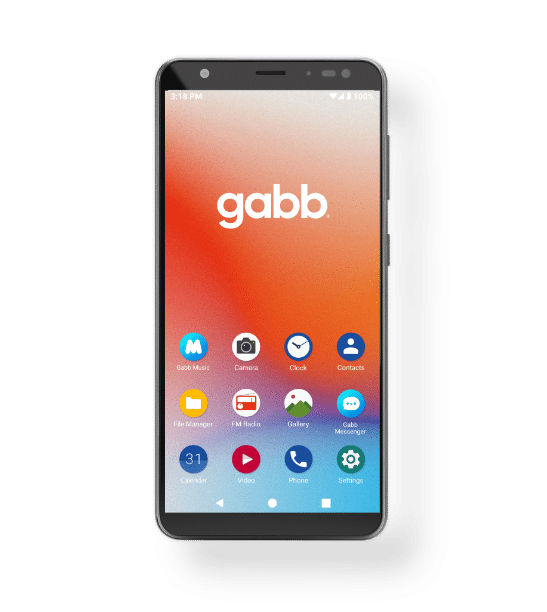
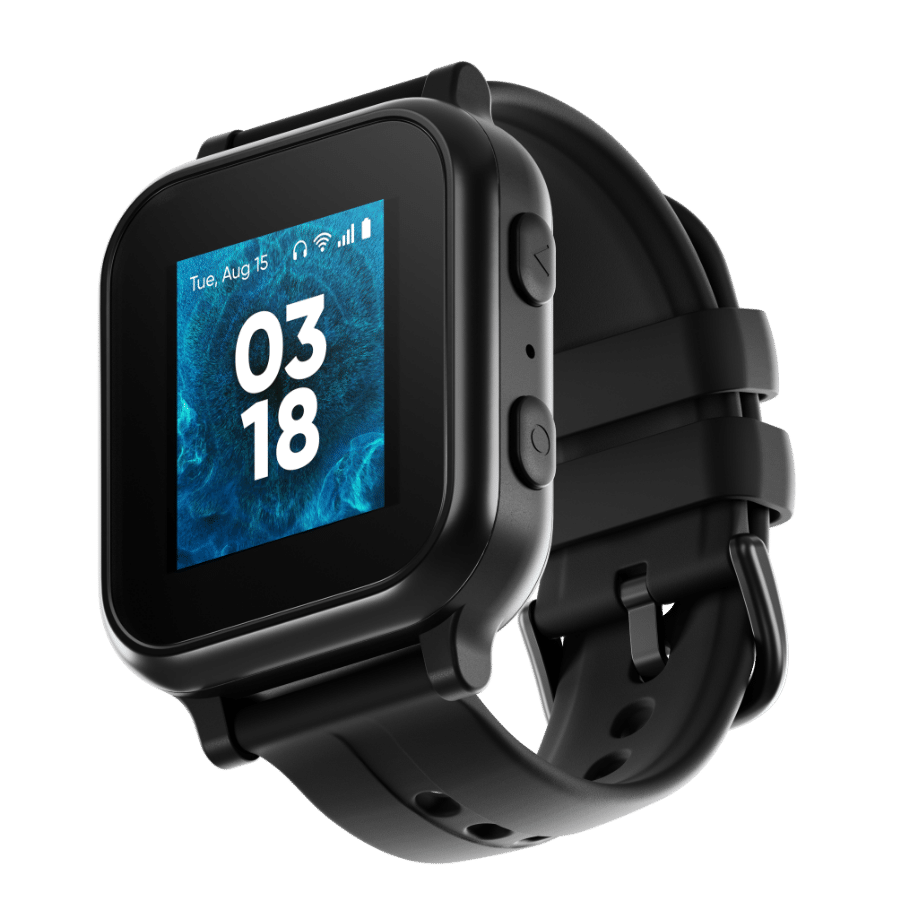
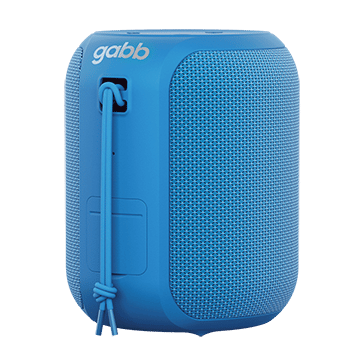
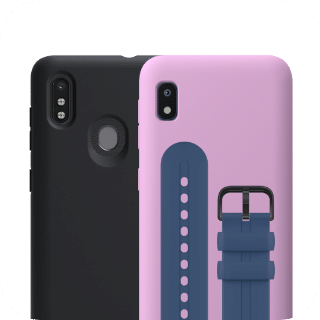





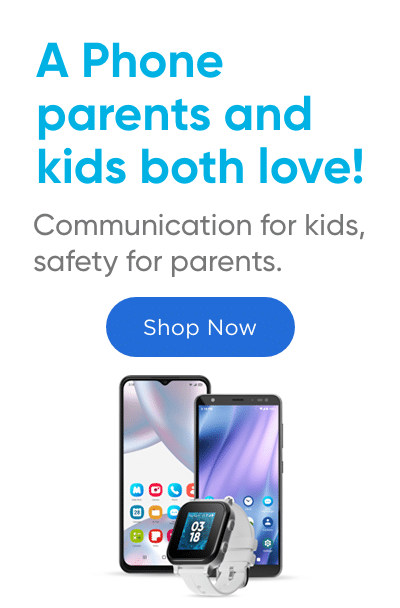
Success!
Your comment has been submitted for review! We will notify you when it has been approved and posted!
Thank you!